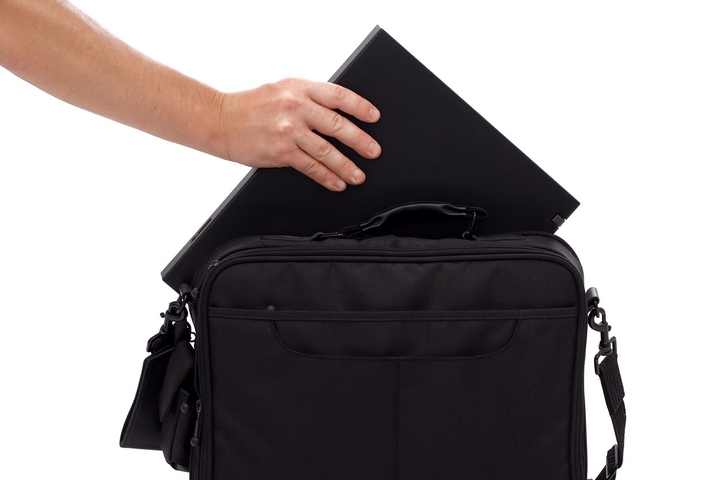
The path to recovery from addiction is a courageous journey. Recognizing the signs of relapse is an important aspect of maintaining sobriety. Understanding these warning signs can make a significant difference whether you’re on this journey or supporting someone you care about.
Understanding the signs of relapse is vital for individuals in recovery and their support networks, including addiction treatment centers. By staying vigilant, we can take a proactive approach to maintaining sobriety. Effective communication, empathy, and a commitment to ongoing support are essential elements in navigating the complex journey of addiction recovery.
Remember, recovery is a process, and recognizing the signs of relapse is a decisive step toward preventing setbacks and promoting sustained health and well-being at an addiction treatment center and beyond.
Let’s take a look at some of the common signs of relapse in addiction and strategies to respond effectively when it happens.
Sign #1: Social Withdrawal

One of the earliest signs of potential relapse is withdrawing from social interactions. If someone who was actively engaged in support groups, therapy, or social activities suddenly isolates themselves, it could indicate a struggle with cravings or emotional distress.
Engaging in open, non-judgmental conversations is crucial during this time. Addressing the underlying issues and reinforcing the importance of social support can help prevent relapse and support continued progress toward recovery.
Sign #2: Loss of Interest in Hobbies

A loss of interest in once-enjoyable hobbies is a significant sign of a potential relapse into addiction. If someone in recovery suddenly abandons activities that once brought joy, it may signal emotional distress or a sense of hopelessness. Hobbies play a vital role in maintaining a balanced and fulfilling life, and their neglect could indicate an underlying struggle.
Encouraging the rekindling of their interests can help to address underlying emotional difficulties.
Sign #3: Changes in Behavior

Pay attention to shifts in behaviour, such as increased irritability, mood swings, or sudden changes in sleep patterns. These alterations might signal internal struggles or emotional turmoil and often accompany the challenges of maintaining sobriety.
If your loved one in recovery displays such changes, engage in compassionate conversations to understand the underlying reasons behind these changes and offer support.
Sign #4: Neglect of Self-Care

When a person in recovery abandons personal hygiene, regular exercise, or a balanced diet, it may indicate a shift in priorities. Substance abuse often takes a significant toll on physical health, and a decline in self-care routines might suggest a relapse.
Encourage them to prioritize well-being through mindfulness, exercise, and proper sleep. Provide a supportive environment to help them re-establish healthy habits and combat neglect.
Sign #5: Reconnecting with Negative Influences

Reconnecting with old friends or acquaintances associated with past substance use can be a red flag. These connections may trigger cravings or expose them to environments conducive to relapse. Encourage new, positive relationships and activities that support the recovery journey and reinforce a commitment to a healthier, substance-free lifestyle.
Sign #6: Defensive Attitude

When someone in recovery becomes resistant or defensive in discussions about their journey, it may indicate internal struggles. Denial and avoidance of the topic could be a way to conceal relapse. Approach conversations with empathy and understanding—this creates a safe space for honest communication.
Recognizing and promptly addressing a defensive attitude is crucial in preventing relapse, as it allows for open dialogue about challenges and concerns.
Sign #7: Neglecting Support Systems

If a person in recovery distances themselves from vital support networks like sponsors, therapists, or support groups, it suggests vulnerability. These connections play an essential role in maintaining sobriety. Reinforcing the importance of these relationships and addressing any challenges or concerns within them is vital.
By recognizing and correcting this neglect, individuals can fortify their foundation of support, helping prevent relapse and ensuring they have the necessary resources to navigate the complexities of addiction recovery successfully.
Sign #8: Financial Instability

Sudden financial difficulties or unexplained expenses might be signs of a relapse, especially if these issues were present during active addiction. Collaborate on financial planning and, if necessary, establish safeguards to prevent misuse of funds for substances.
By addressing financial instability promptly, your loved one can fortify their commitment to recovery, maintain stability, and avoid the detrimental impact that economic challenges can have on their journey toward a substance-free and financially secure future.
Sign #9: Ignoring Relapse Prevention Strategies
If an individual stops actively engaging in relapse prevention strategies learned during rehabilitation, it may indicate a lapse in commitment to sobriety.
Remind them that getting help is a sign of strength and that maintaining a commitment to sobriety involves both self-awareness and a proactive approach to mental and emotional well-being. Reinforce the importance of staying connected with a supportive community and utilizing ongoing resources.
Emphasize that relapse prevention is a continuing process that requires consistent effort and dedication. Encourage open communication about any challenges or concerns they may be facing and provide additional guidance or resources as needed.












